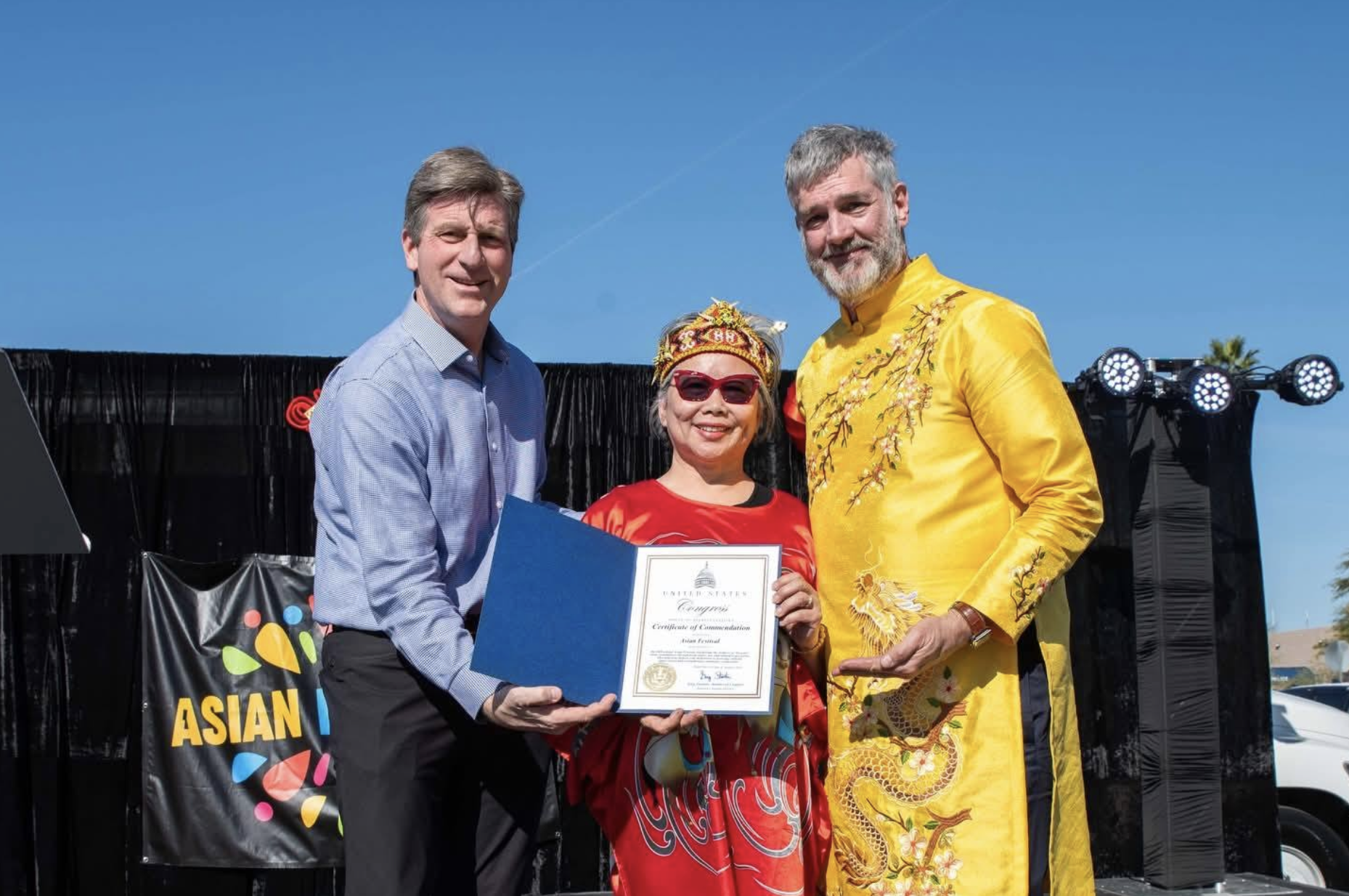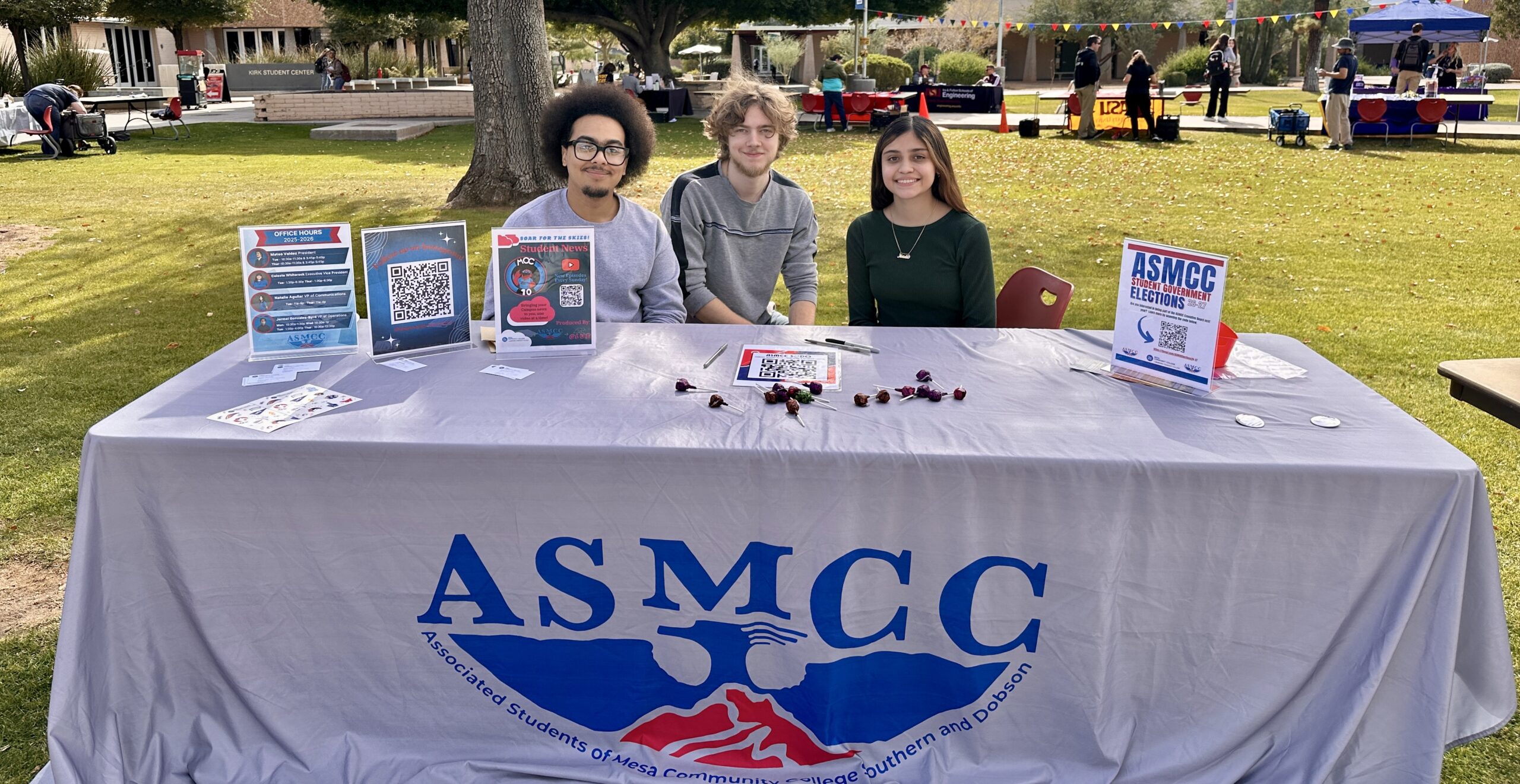DACA student enrollment drops
The number of registered Deferred Action Children Arrivals (DACA) students in the Maricopa County Community College District (MCCCD) has dropped significantly since the Arizona Supreme Court ruling earlier this year, according to the district.
A report by the district shows that DACA enrollment has gone from 2,078 in 2017 to 1,255 students this year, that’s a drop of 40 percent.
In April 2018, the state Supreme Court ruled that DACA students were ineligible for in- state tuition. The Supreme Court ruling is based on Proposition 300, a 2006 voter-approved measure that ruled people need to have lawful immigration status to qualify for in-state tuition.
Before the ruling, DACA students paid what Arizona residents paid, $85 per credit. With the new ruling, they pay an out-of-state price tag of $326 per credit, four times of the original costs.
“Sometimes we’re the breadwinners in our families because maybe the rest of our family doesn’t have the documentation to have a stable job,” Karina Ruiz, executive director of Arizona Dream Act Coalition, said.
This decision has caused their tuition to increase significantly that many have dropped out of college.

At Mesa Community College (MCC), there are resources that help DACA students pay for their education, among them is the DACA Success Grant Fund.
“When we started our DACA Success Grant Program, one of the things we found is here’s a student, they are in DACA status, they’ve applied for a grant and they’re the line, but they’re still attending classes so what they’ve done is essentially deferred their debt till the end of the semester,” Vaughan said.
Another assistance program is the Mesa Undocumented Students Thriving (MUST) club, the first and only of its kind on campus for undocumented students. It was created in 2017 in light of the Trump administration’s rescinding of the DACA executive order, originally signed into law by President Barack Obama to support young immigrants, who were brought to the U.S. at a very young age by their parents, to obtain legal status by working or going to school without legal ramifications.
Ezequiel Santos is the president of MUST. He said he started the club because he wanted to be a part of a movement and wants to help students who have gone through or are going through what he’s experienced.
He explained that MUST wants to provide resources like scholarships, guidance in making major purchases like buying a home or a car, and empowering DACA students on political issues surrounding their plight.
“We’ve done a couple of table events, we’ve also done events where we have DACA students from MCC share their stories,” Santos said.
Ultimately, Santos said, MUST is about being a support system for these students. They want them to know there are others like them and that they can help them as best they can during their time in college.
“Mesa Community College and all the staff I have met have been amazing and supportive,” said Santos.
The Arizona Dream Act Coalition (ADAC) started in 2006 in response to Prop 300. It is a youth-led organization aimed at protecting immigrants’ rights to higher education.
ADAC Executive Director Karina Ruiz said the Arizona Supreme Court ruling was devastating for the state. She is seeing students deal with what she went through in college. It took her 12 years to complete her bachelor’s degree in biochemistry from Arizona State University and she wants to change this with a permanent solution in 2020.
The Maricopa County Faculty Foundation (MCFF) has also stepped in to help DACA students. The group created the DACA Success Grant Fund as a scholarship for district DACA students. The only requirements for this grant is to be a Maricopa resident.
“These are good people, they’re good students, they’re Maricopa students and our philosophy is ‘if you’re a Maricopa student, and you have a need, you deserve help,’” Barry Vaughan, president of the Maricopa County Faculty Foundation said.
For information on the Arizona organizations, visit their website. The MUST club meets on Wednesdays from **4:00 pm to 5:30 pm** in room AS 191. The application for the MCFF grant can be found at the mcff.org site under the Foundation tab.
Faith Garland is a journalism student at Mesa Community College.









